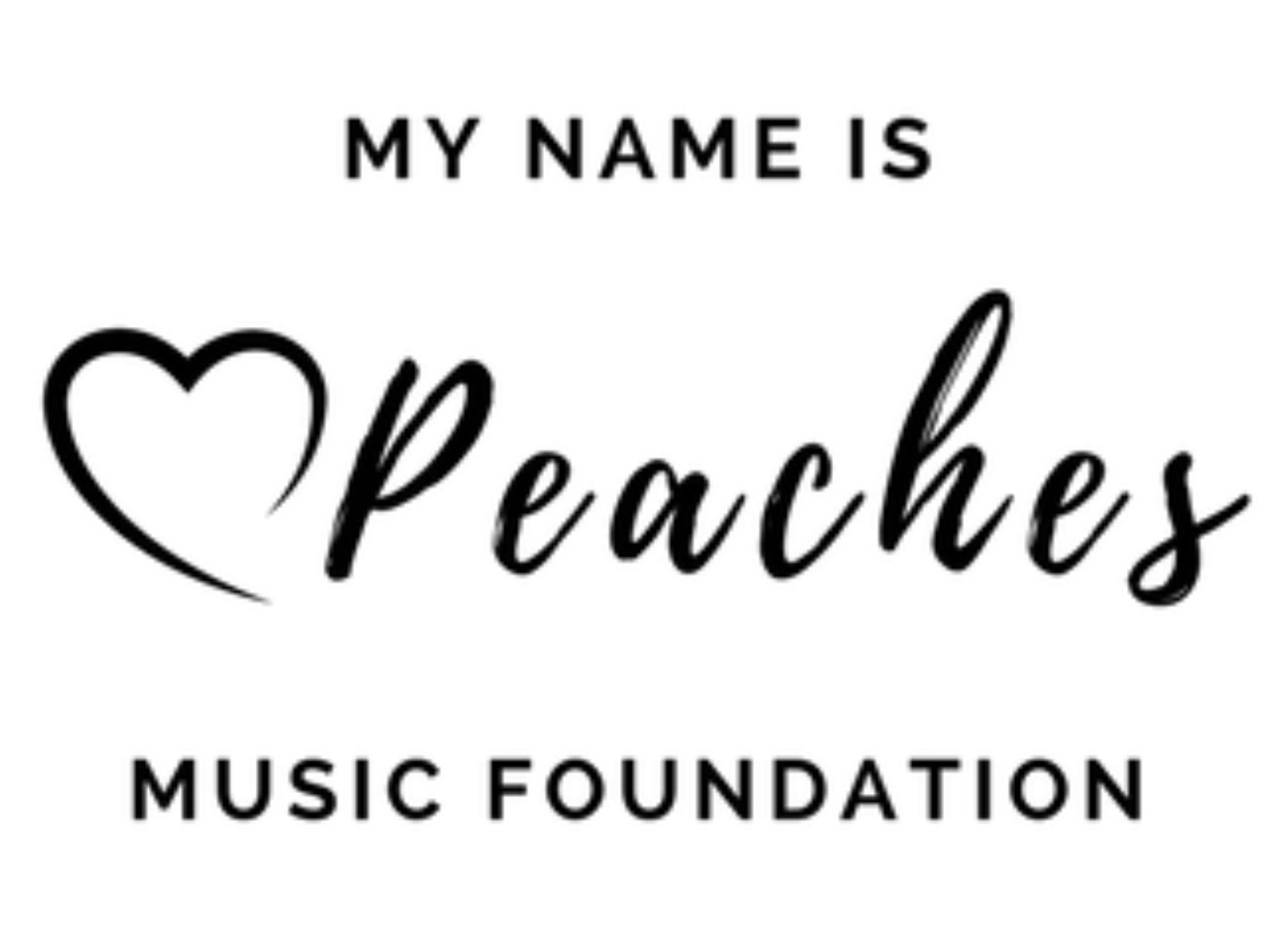Introduction:
In a world that is increasingly dominated by technological advancements and standardized testing, the significance of fostering creativity in children has never been more crucial. Creativity is not just an innate talent; it is a skill that can be cultivated and nurtured, leading to a plethora of benefits that extend well beyond childhood. Music, with its universal appeal and profound impact on the human spirit, emerges as a powerful tool in this endeavor. This blog post delves into the reasons why creating music spaces for children is not just beneficial but imperative, serving as a beacon of creativity in challenging times.
The Decline of Creativity and Its Implications:
Recent studies have highlighted a concerning trend: a decline in creativity levels among children. This is attributed to a variety of factors, including an increased focus on standardized testing, a reduction in playtime, and limited exposure to arts and music. The implications of this trend are far-reaching, as creativity is a critical skill required for problem-solving, innovation, and emotional intelligence.
The Power of Music in Fostering Creativity:
Music has been proven to have a profound impact on the cognitive, emotional, and social development of children. Engaging with music helps in enhancing memory, attention, and language skills, while also providing an outlet for self-expression and emotional regulation. Creating music spaces for children provides them with the opportunity to explore, create, and express themselves in a supportive environment, nurturing their creative abilities.
Creating an Inclusive Environment:
Music is a universal language that transcends barriers, making it an ideal medium for creating inclusive environments. A music space welcomes children from all backgrounds, providing them with a common ground to connect, collaborate, and create. This not only fosters creativity but also promotes social skills and empathy, preparing children to navigate the diverse world they inhabit.
Investing in the Future:
By investing in music spaces for children, we are investing in the future. Creativity is a critical skill required in the workforce, with employers increasingly valuing innovative thinking and problem-solving abilities. Providing children with the opportunity to engage with music equips them with the skills required to thrive in a rapidly changing world.
Conclusion:
In a world where creativity is being challenged, creating music spaces for children emerges as a vital investment in their future. Music has the power to nurture creativity, foster inclusivity, and prepare children for the challenges ahead. By prioritizing and investing in these spaces, we are ensuring that the next generation is equipped with the skills, empathy, and innovative thinking required to navigate and contribute to a diverse and ever-evolving world. Let us embrace the power of music and create spaces that nurture the creative spirit of every child, paving the way for a brighter, more inclusive future.
